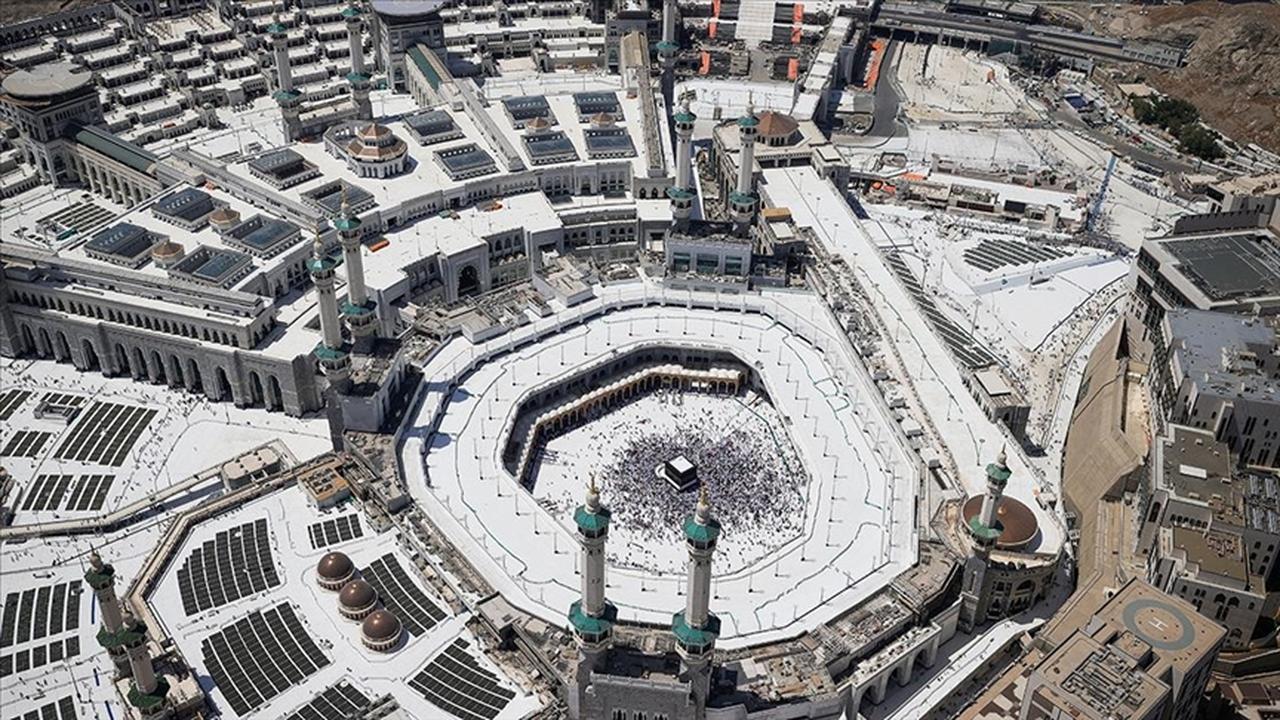Saudi Arabia is leveraging artificial intelligence (AI) technologies in a groundbreaking move to support and improve the experiences of pilgrims during the annual Hajj, the country’s most significant religious event. As part of its Vision 2030 modernization initiative, the Kingdom has introduced a variety of AI-driven tools to enhance safety, organization, and spiritual guidance for millions of worshippers.
The Saudi Data and Artificial Intelligence Authority (SDAIA), in collaboration with various government agencies, is deploying AI systems to manage crowd control, provide real-time updates, and deliver multilingual assistance through smart devices and kiosks. These innovations are designed to reduce congestion, prevent incidents, and allow for a more seamless pilgrimage experience.
Officials say that AI is being used to monitor the flow of people at critical points such as the Grand Mosque in Mecca and the Mount Arafat area. Using real-time surveillance data and predictive analytics, authorities can identify potential bottlenecks or safety concerns and respond proactively.
“AI systems allow us to make swift, data-driven decisions to ensure the well-being of every pilgrim,” said a spokesperson from SDAIA. “Our goal is to utilize cutting-edge technology to serve Islam and its followers.”
In addition to safety measures, AI is also enhancing spiritual services. A virtual assistant known as “Ask Mecca” has been introduced to answer pilgrims’ religious questions in multiple languages. Using natural language processing, the chatbot responds with appropriate religious guidance, logistical information, and navigational help.
Saudi authorities have also launched smart bracelets embedded with GPS and biometric data to help locate lost individuals, track health conditions, and facilitate communication with emergency responders. The bracelets connect to a centralized system that can alert medical teams if a pilgrim shows signs of distress.
A newly developed mobile app called “Hajj Navigator” integrates AI to provide real-time route suggestions, updates on prayer times, and detailed schedules for ritual obligations. It also includes a health monitoring feature synced with wearable devices to detect early signs of dehydration, fatigue, or other health risks in the extreme desert climate.
In addition to government-backed initiatives, private sector firms are contributing to the AI revolution at Hajj. Startups from Saudi Arabia and abroad have showcased drone technology for aerial surveillance and delivery of medical supplies. AI-equipped robots have been stationed throughout holy sites to distribute water, provide directions, and disinfect public areas.
Pilgrims have expressed mixed reactions to the influx of AI technology. While many welcomed the convenience and enhanced safety, others voiced concern over potential privacy issues and the reduction in personal interactions that have traditionally defined the Hajj experience.
“I appreciated the guidance and alerts from the smart app,” said Fatima Rahman, a pilgrim from Indonesia. “But I still prefer speaking to a human guide when I have a question about a religious ritual.”
Despite these concerns, officials say the AI rollout is aligned with Islamic values and is not meant to replace religious leadership or spiritual interactions. Instead, they emphasize that the technology complements traditional services, especially given the massive scale of Hajj operations.
Hajj, which draws more than two million Muslims from across the globe annually, presents unique logistical challenges. Managing transportation, sanitation, healthcare, and religious instruction for such large numbers within a fixed timeframe requires extraordinary coordination.
With the integration of AI, Saudi Arabia aims to set a new standard for hosting global religious events while showcasing its capabilities in innovation and governance. The initiative reflects the Kingdom’s broader efforts to position itself as a leader in AI and digital transformation within the Muslim world and beyond.
Looking ahead, officials plan to expand AI use during future Hajj seasons, including developing more sophisticated decision-support tools and personalized guidance systems for individual pilgrims. These efforts underscore the Kingdom’s intent to merge faith with futuristic technology in service of global Islamic unity and modern efficiency.
Source; Turkiye Today



